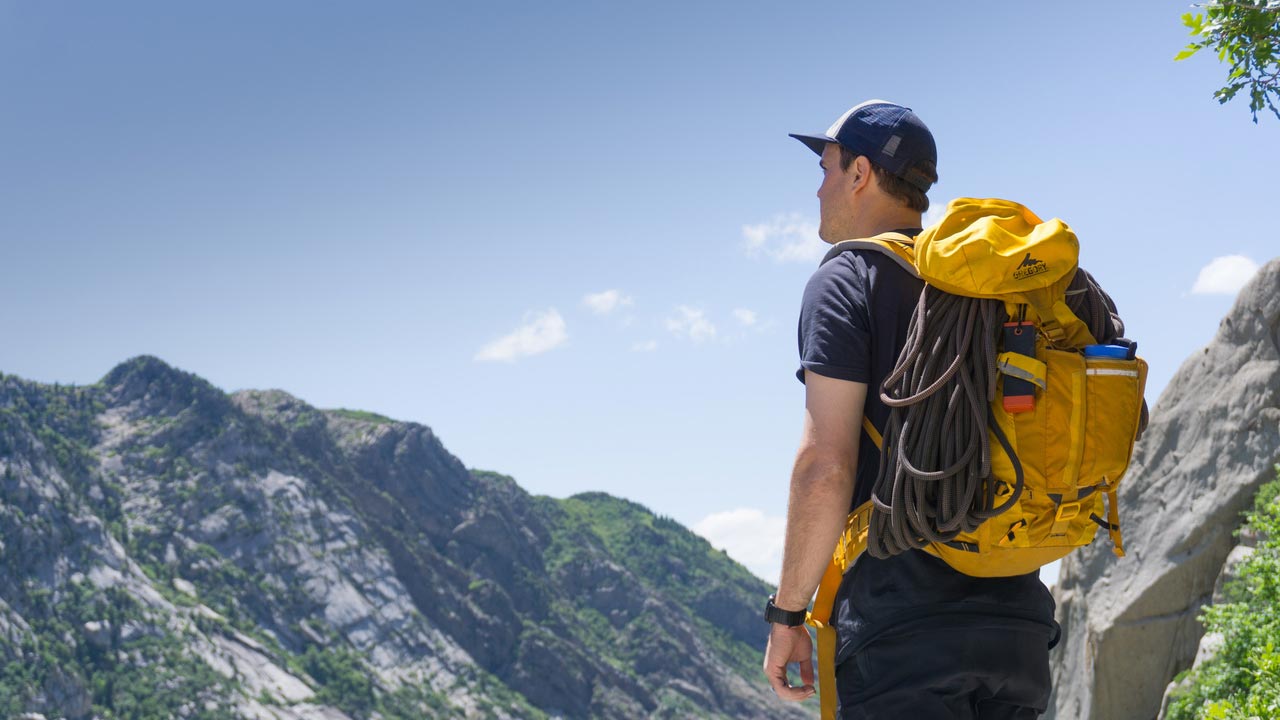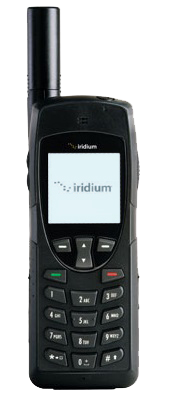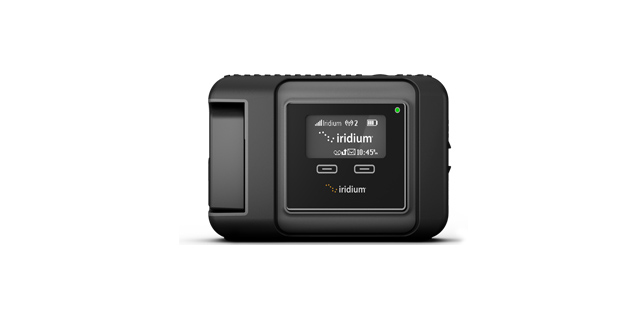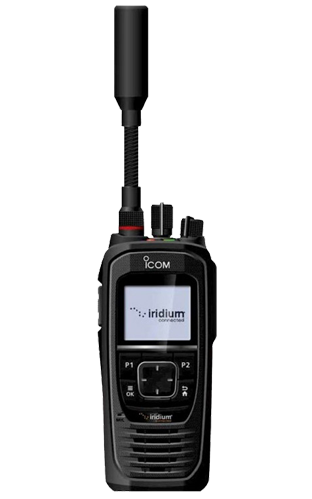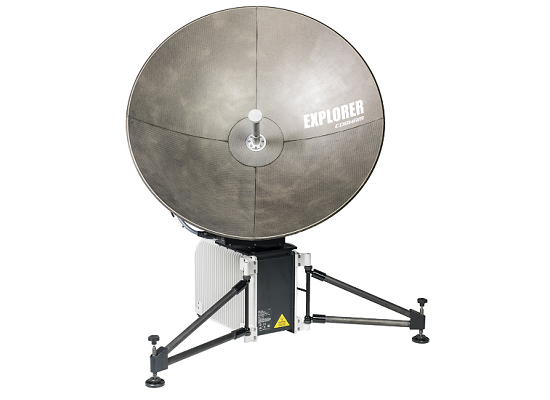Working in the Oil and Gas Industry Resource Guide
A career in oil and gas where you are stationed offshore requires a completely different lifestyle from other careers. The working conditions are much harsher and cramped living quarters and being isolated from the outside world are other challenges faced when choosing to work in this field. However, workers are increasingly well-paid for their efforts.
In this guide, we will provide our best recommendations to transitioning to this working environment that is likely a big change from what you have experienced in the past. From preparing yourself both mentally and physically, to rounding up the gear you’ll want to make sure you bring with you (including the best devices to stay in contact with your loved ones back home), we’ll make sure you have the information you need to get started as you embark on offshore working and living.








